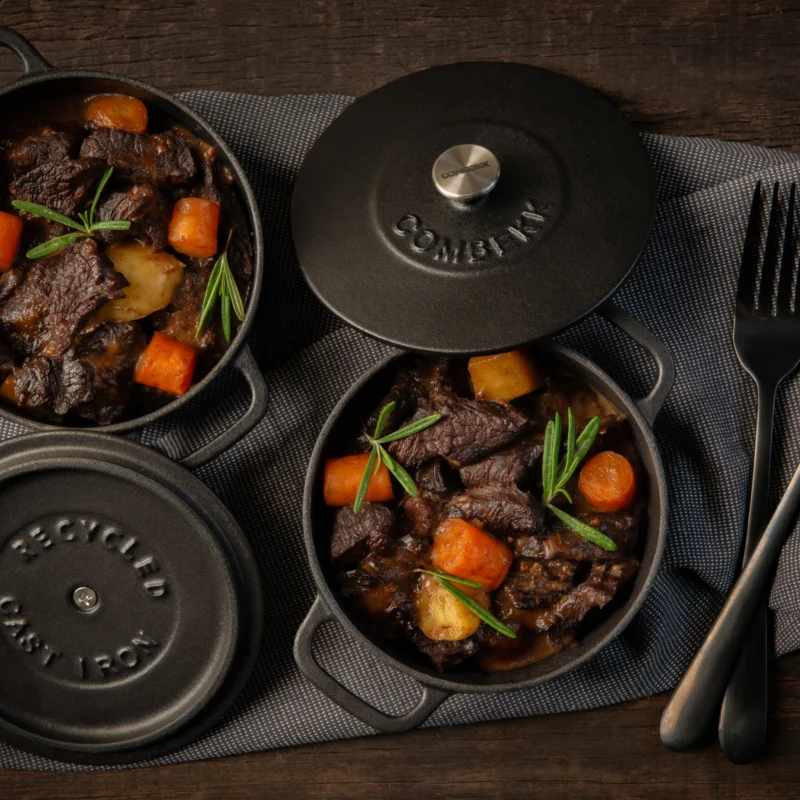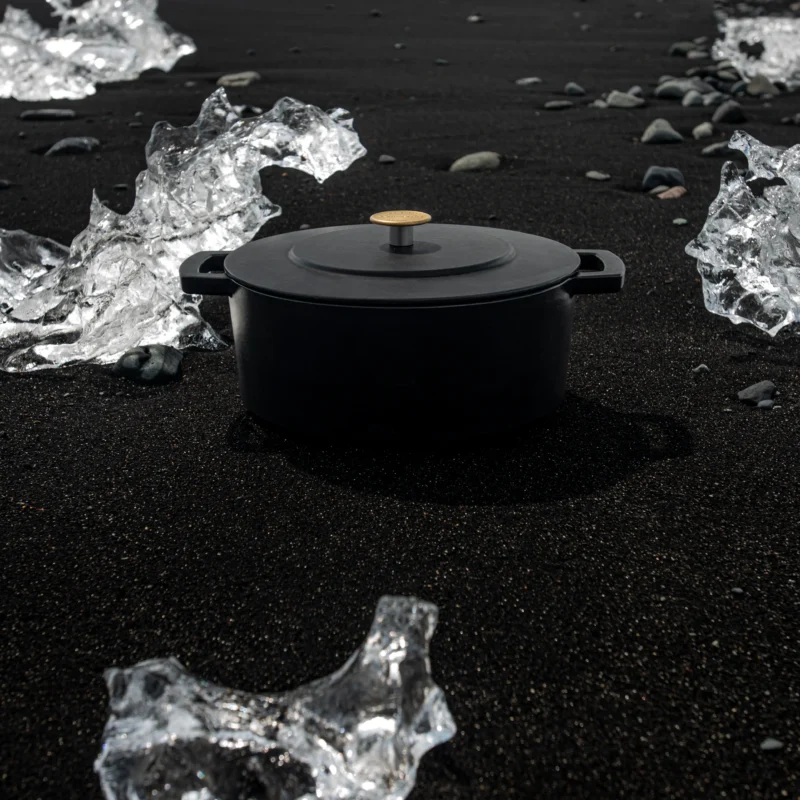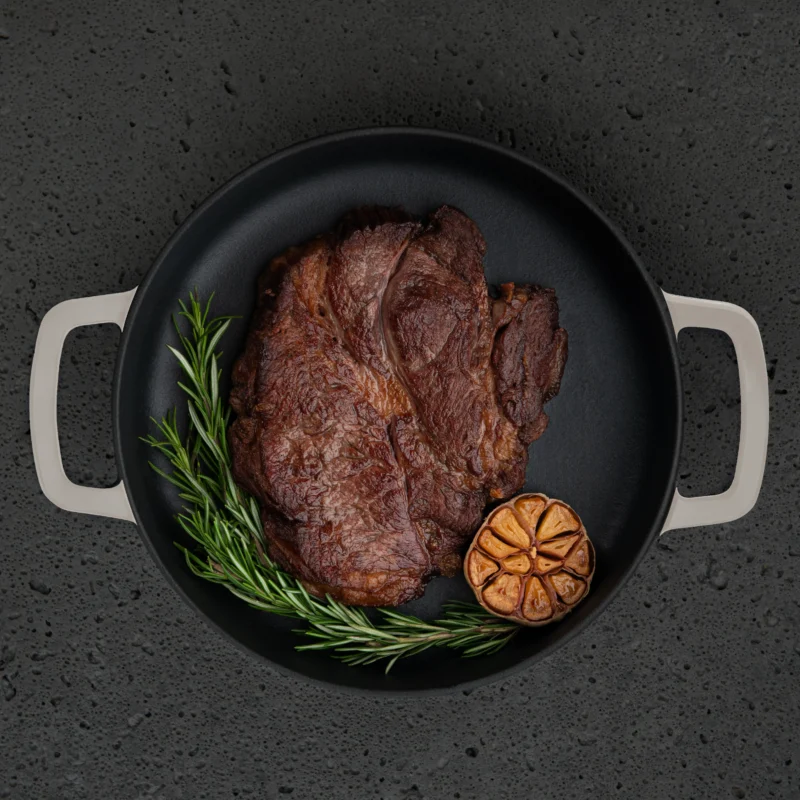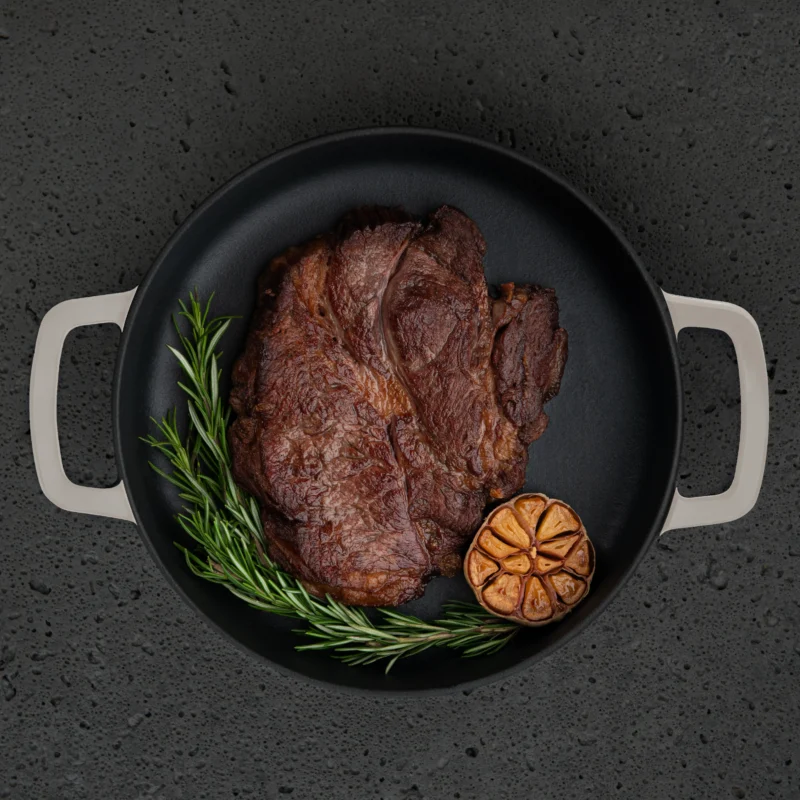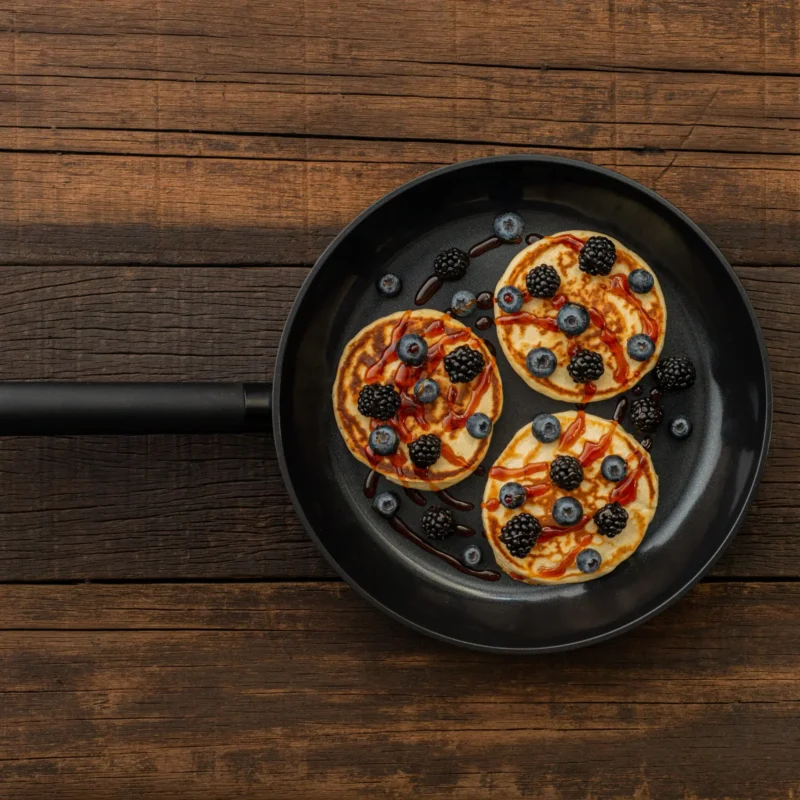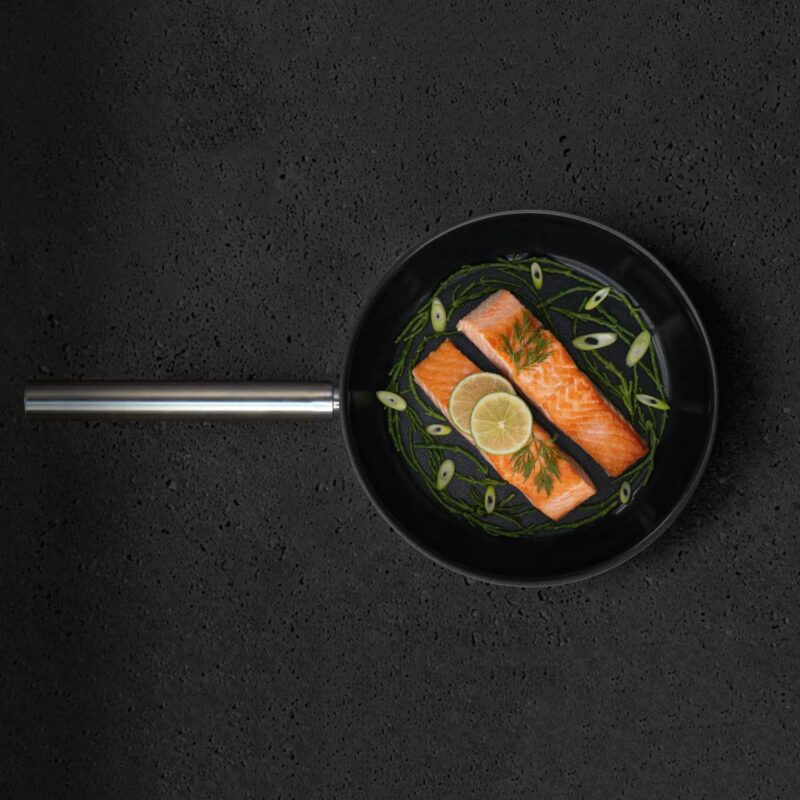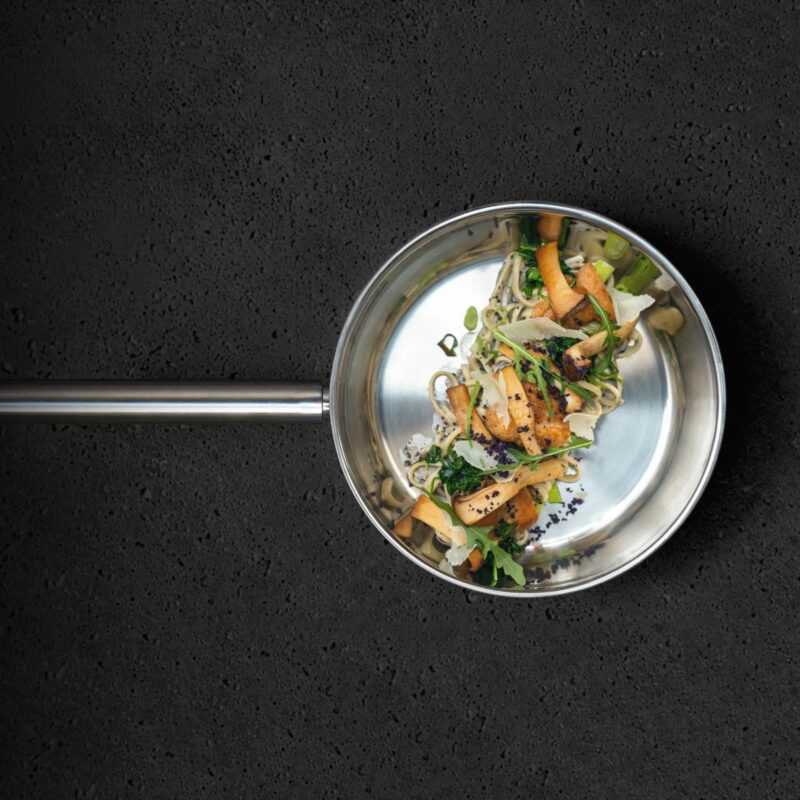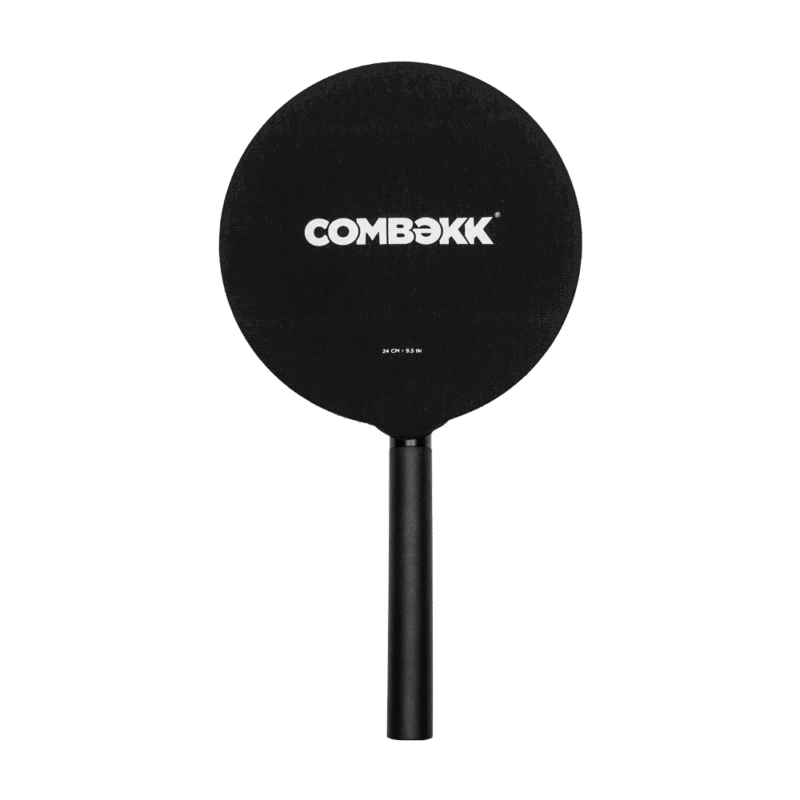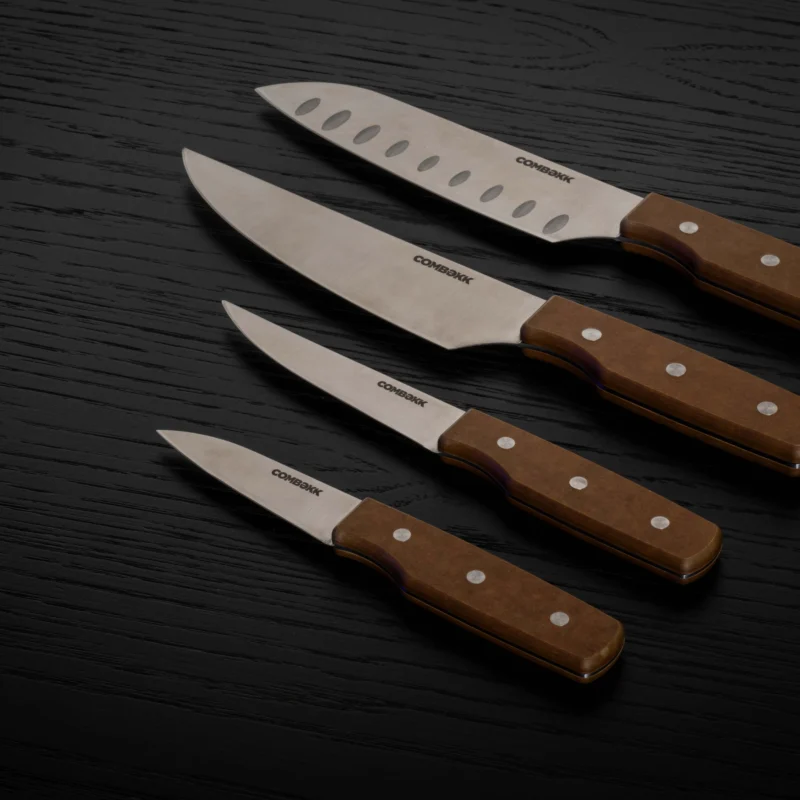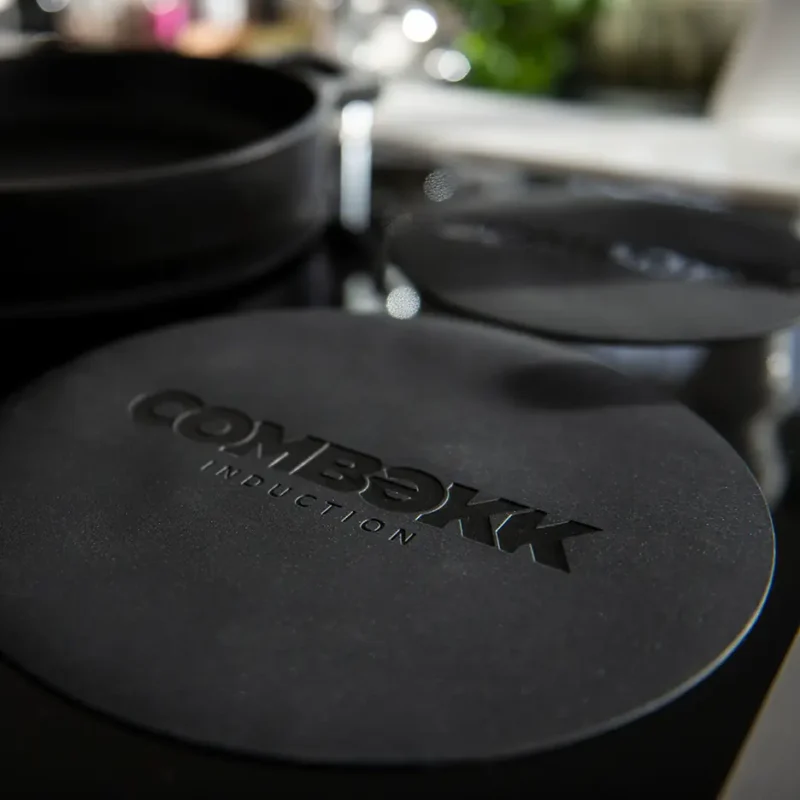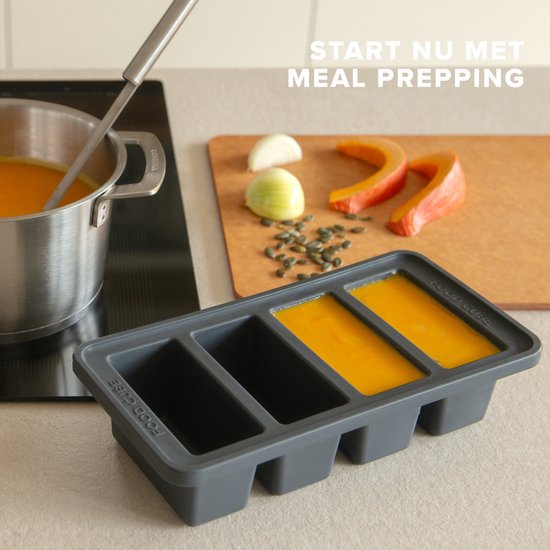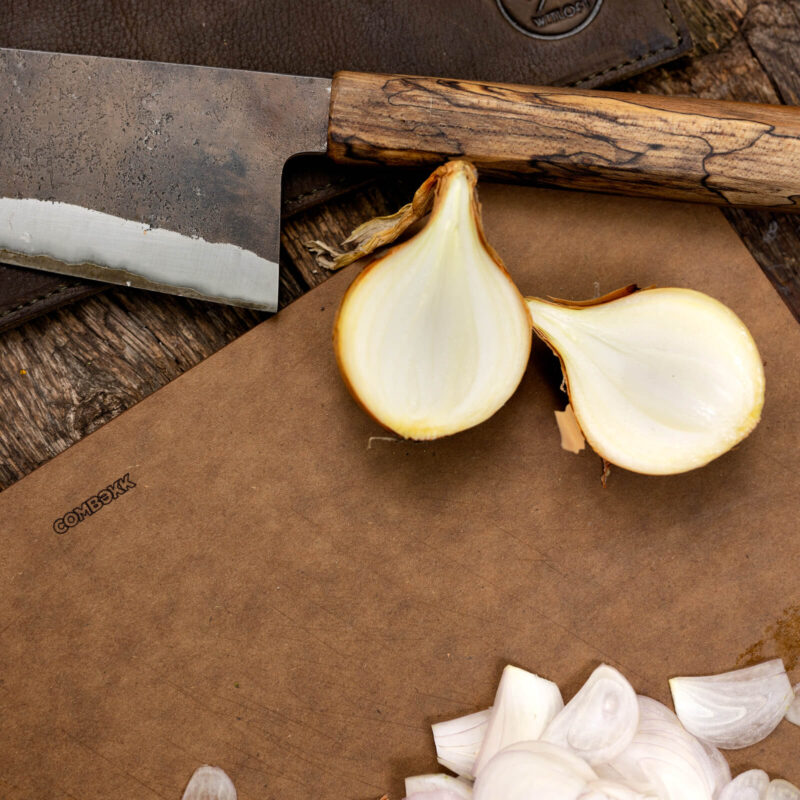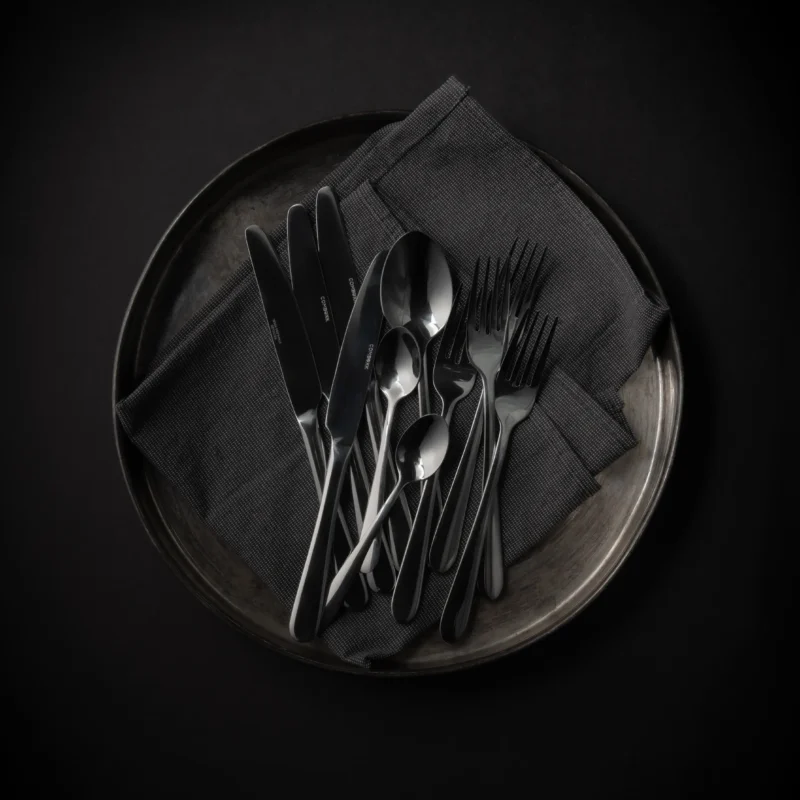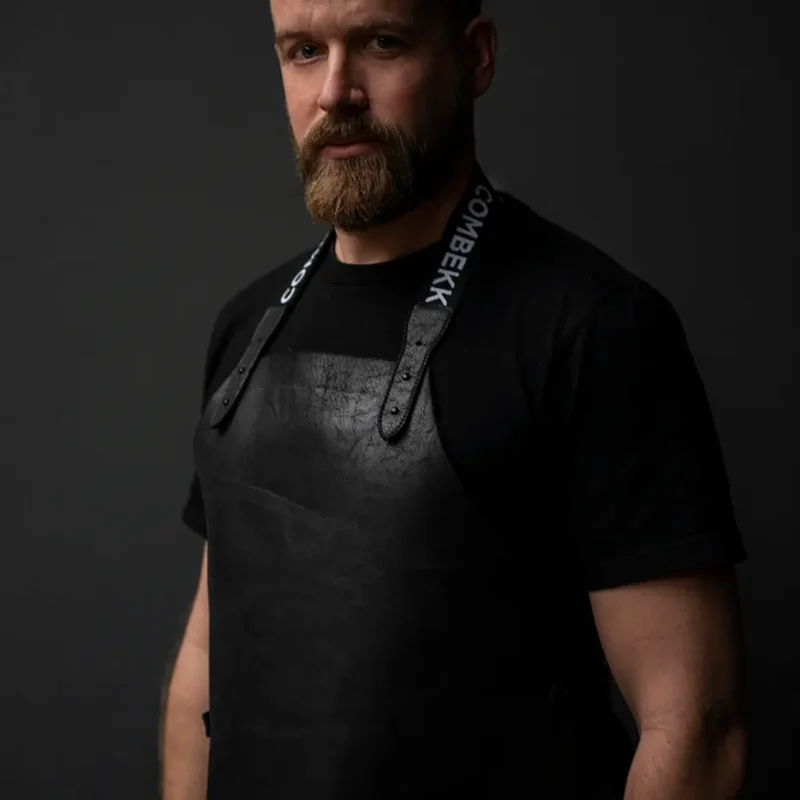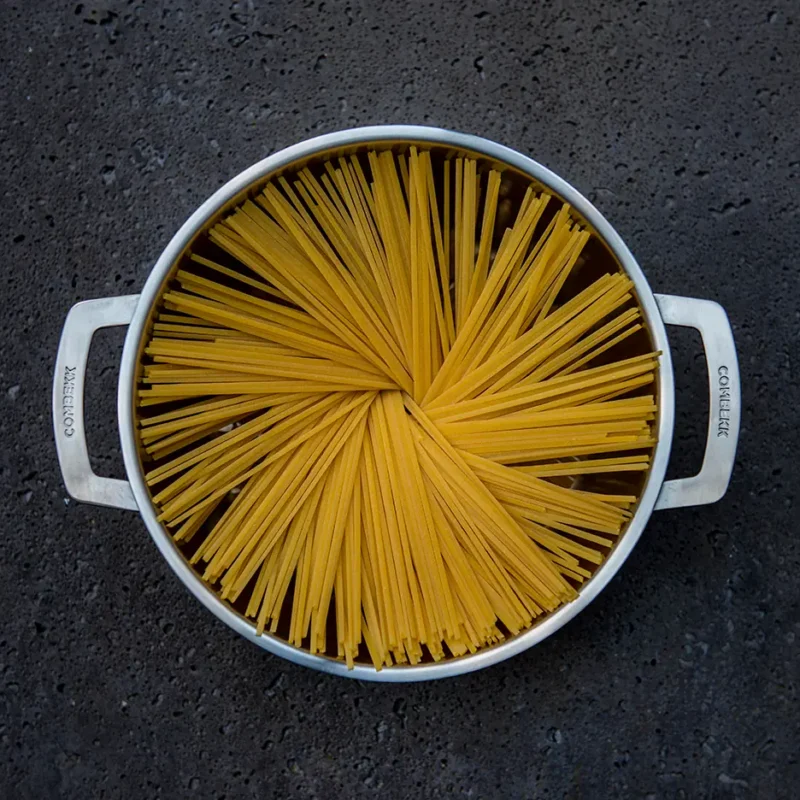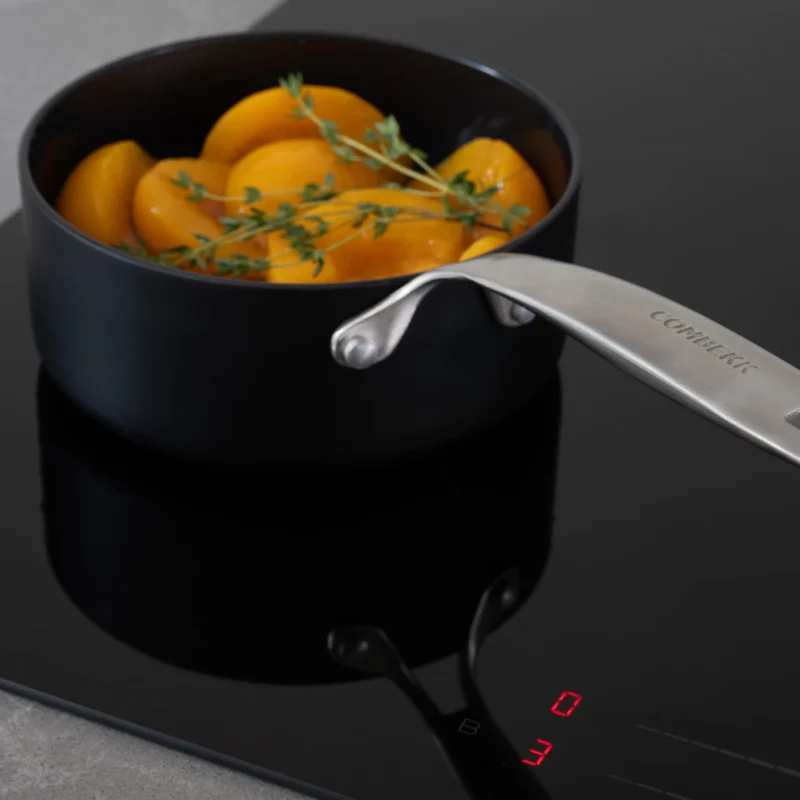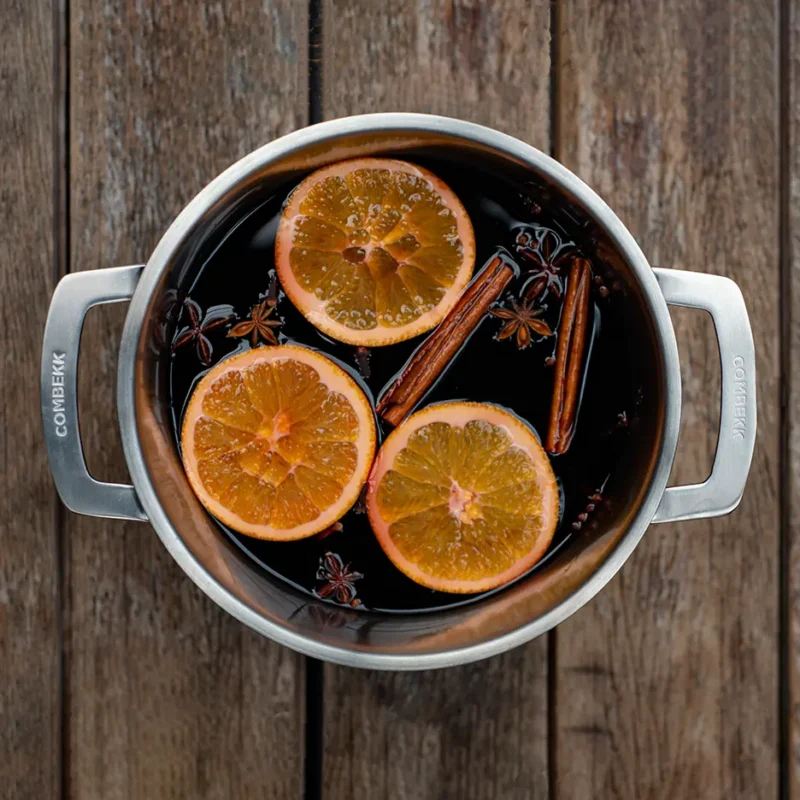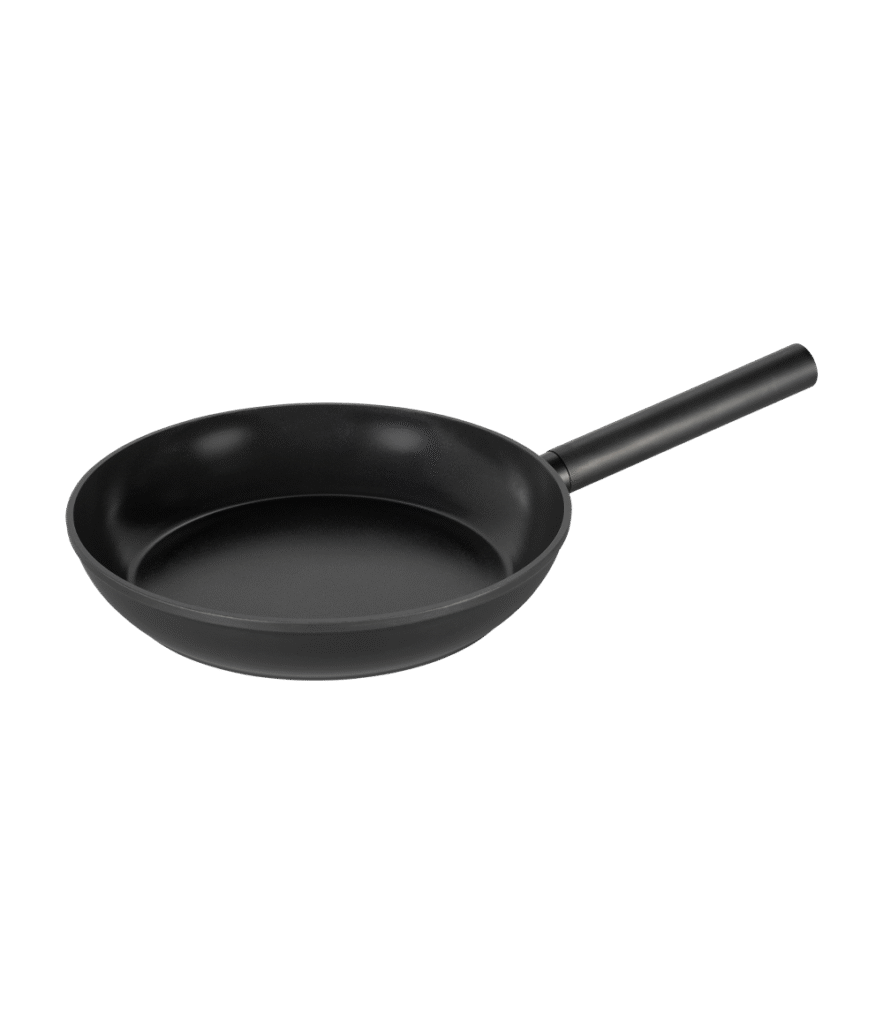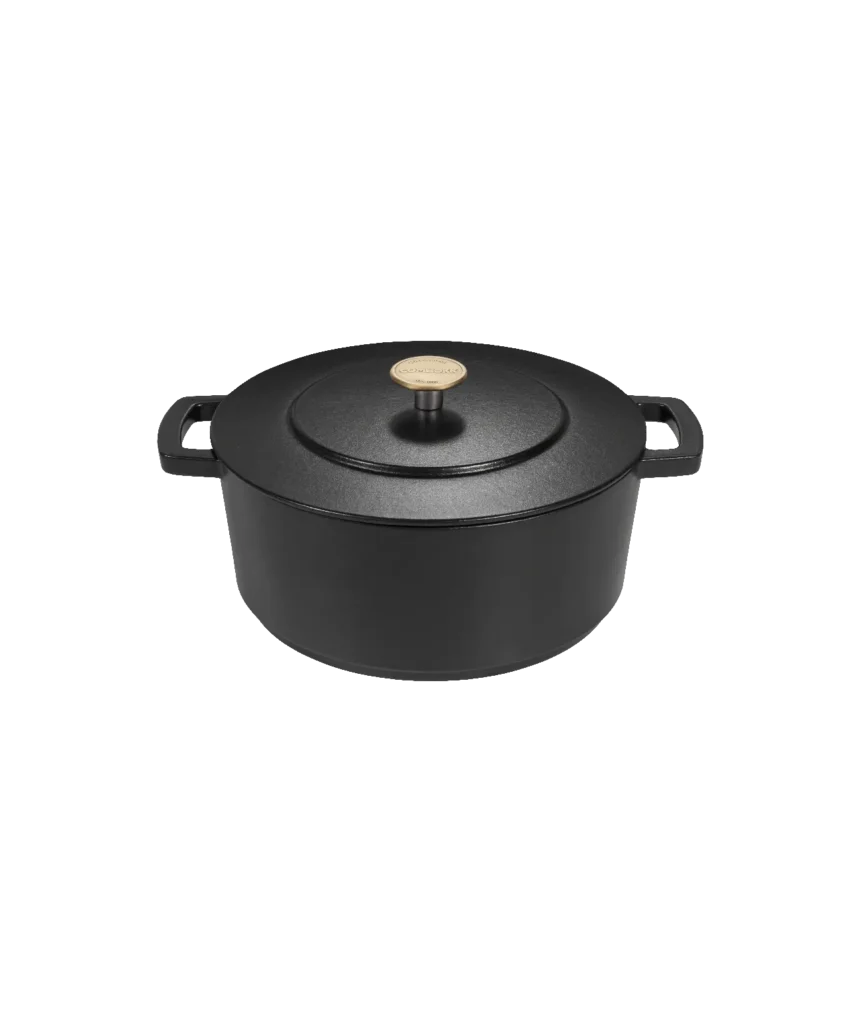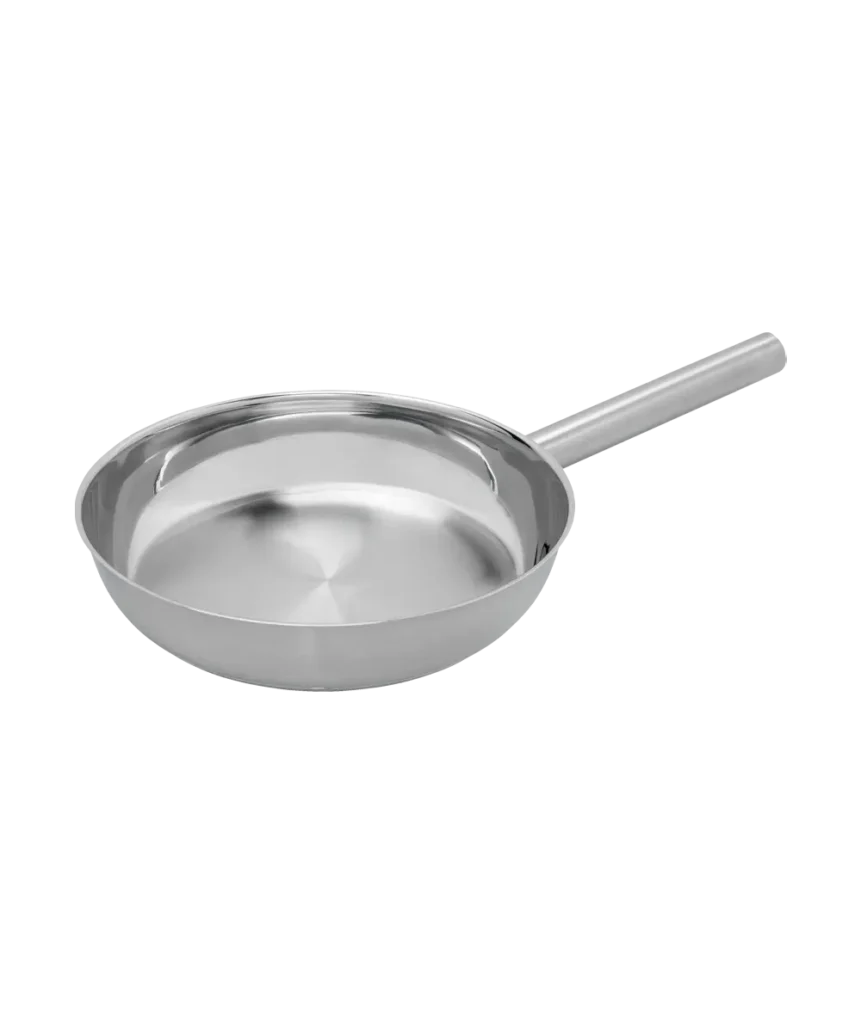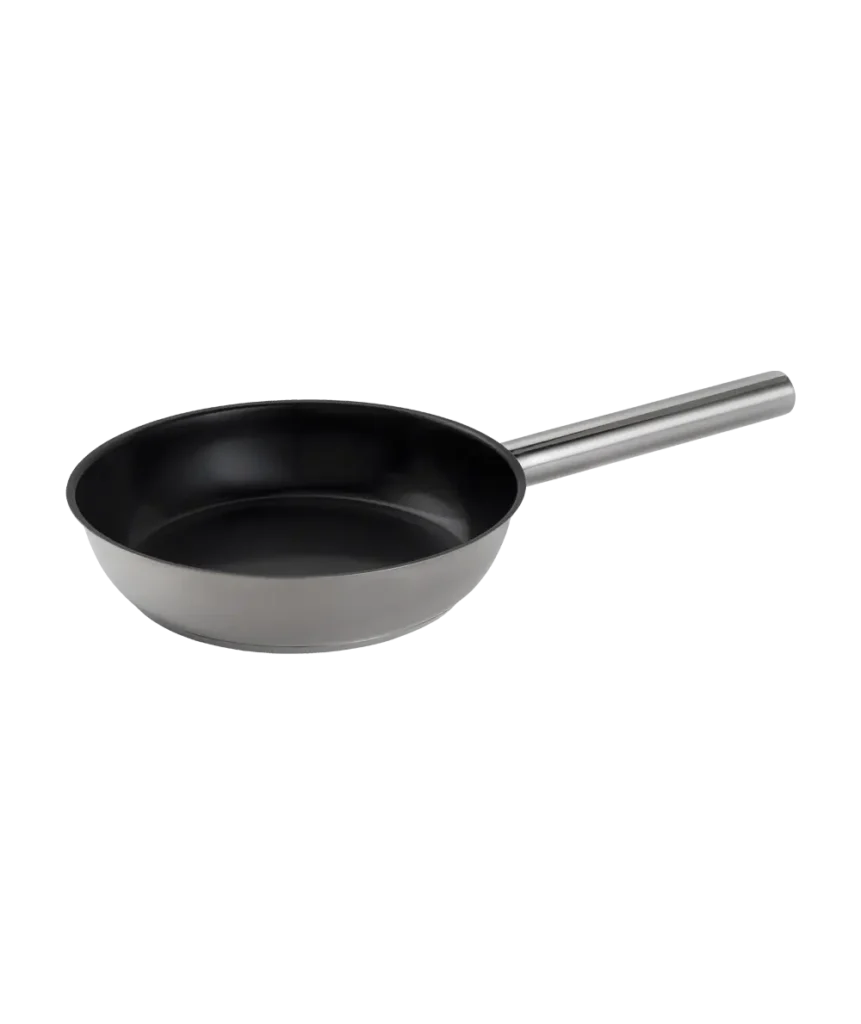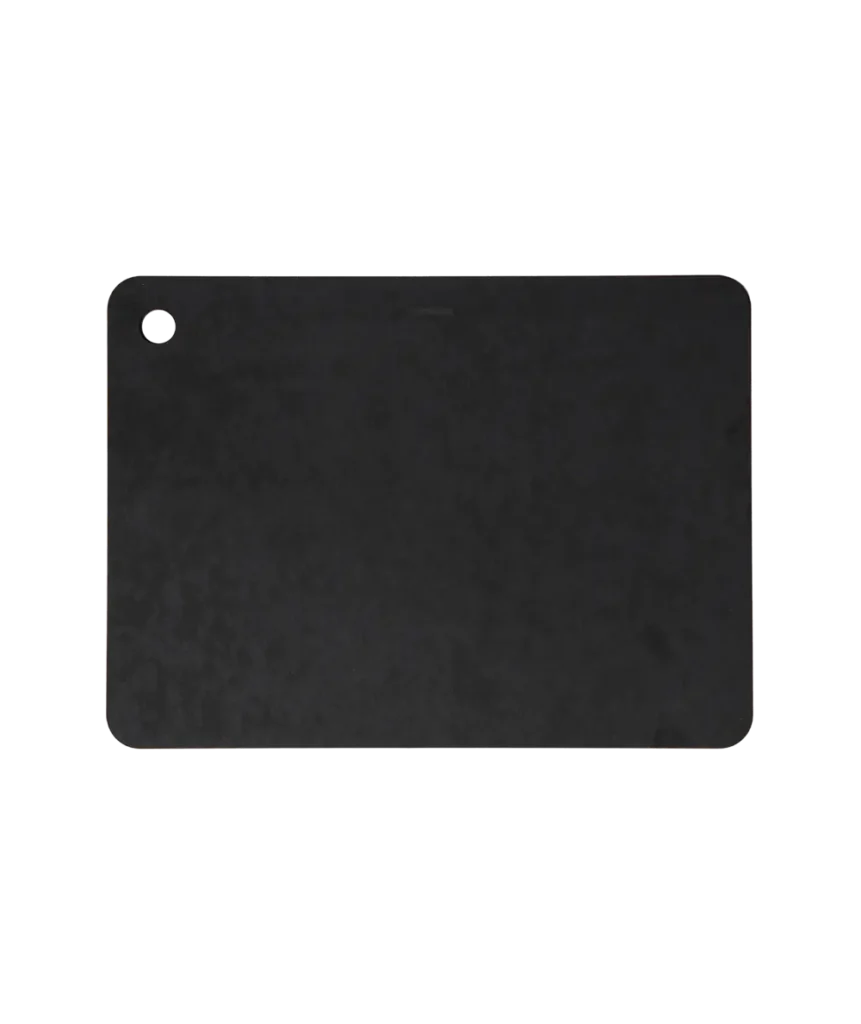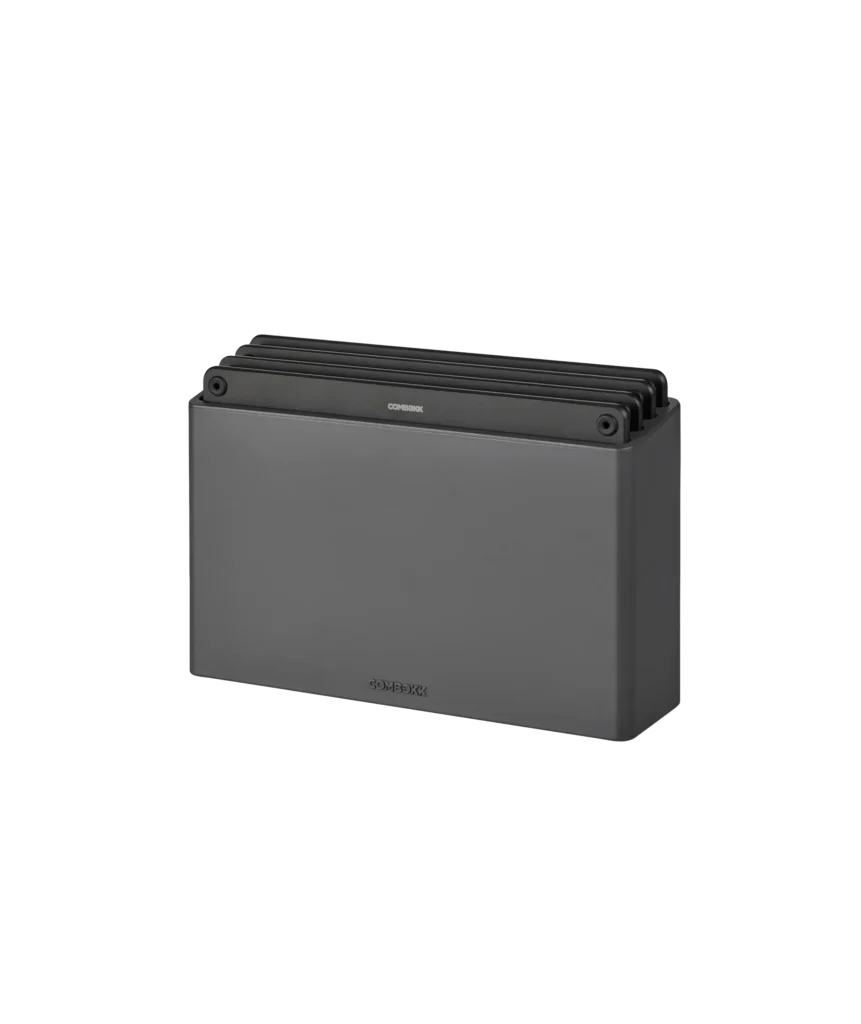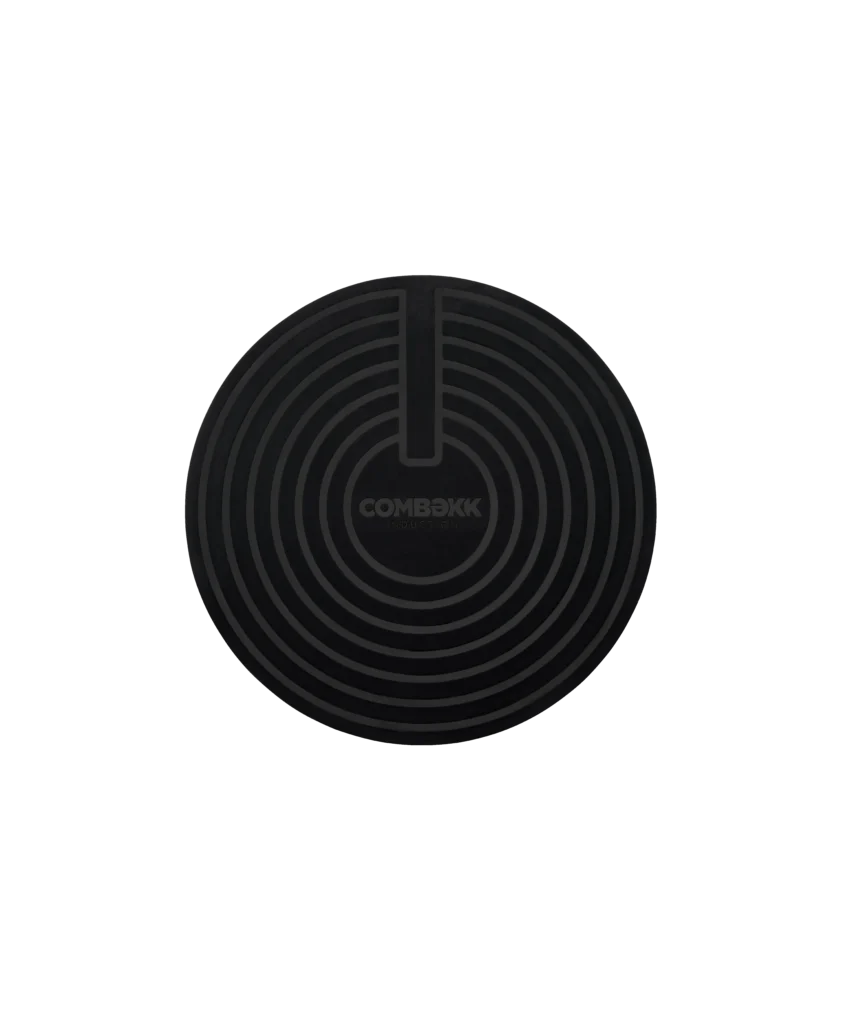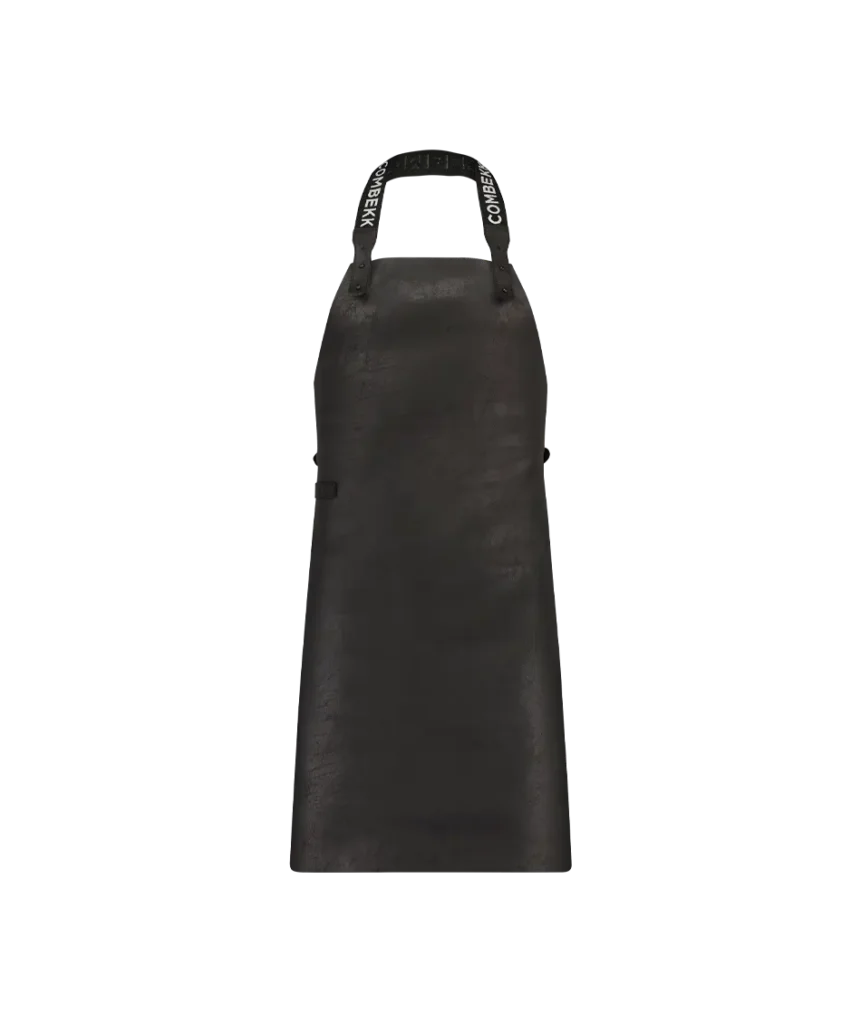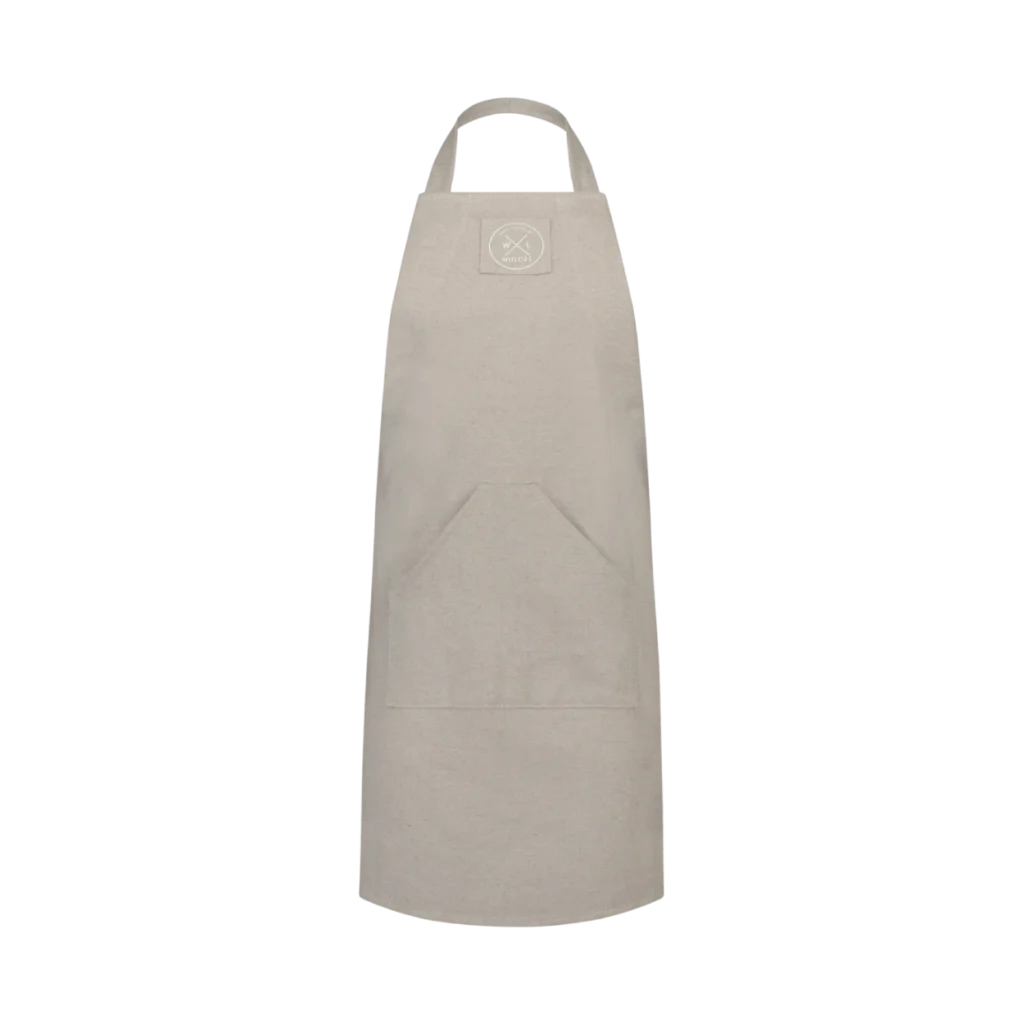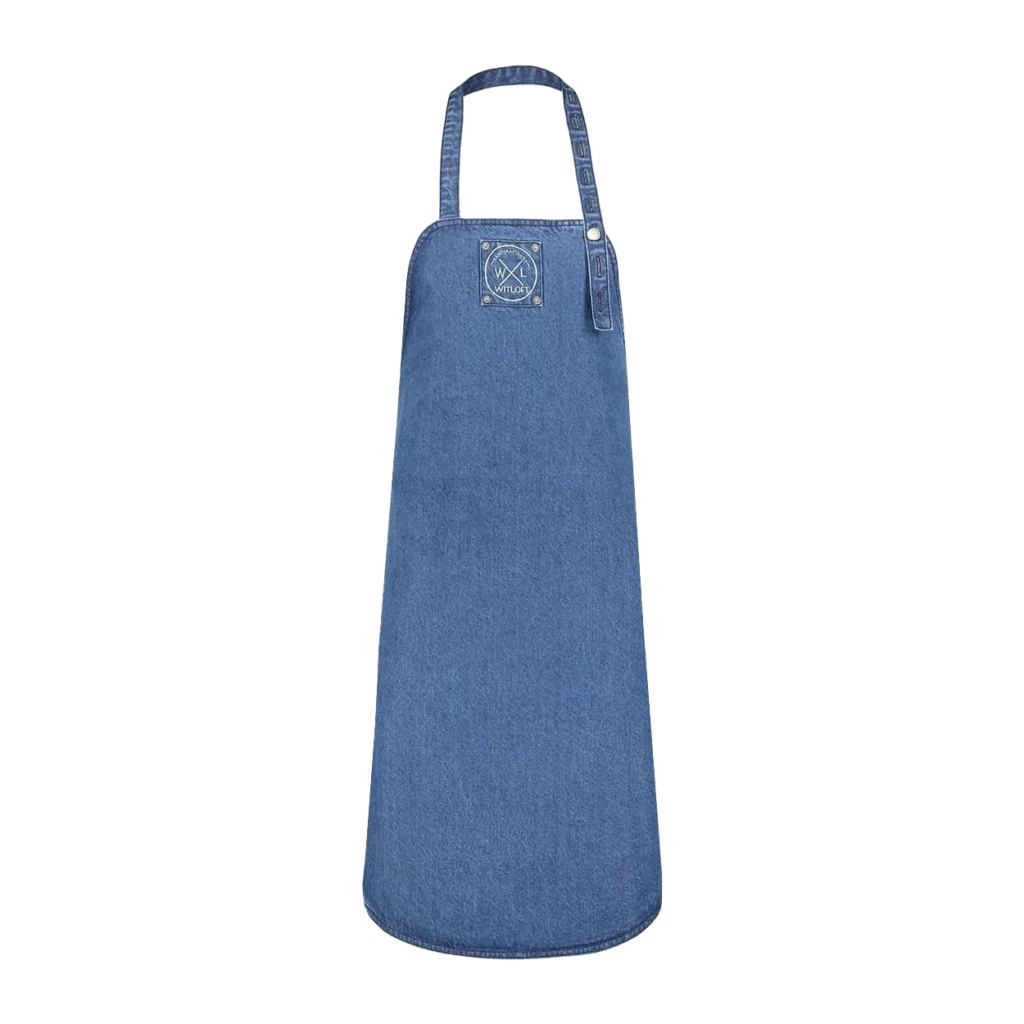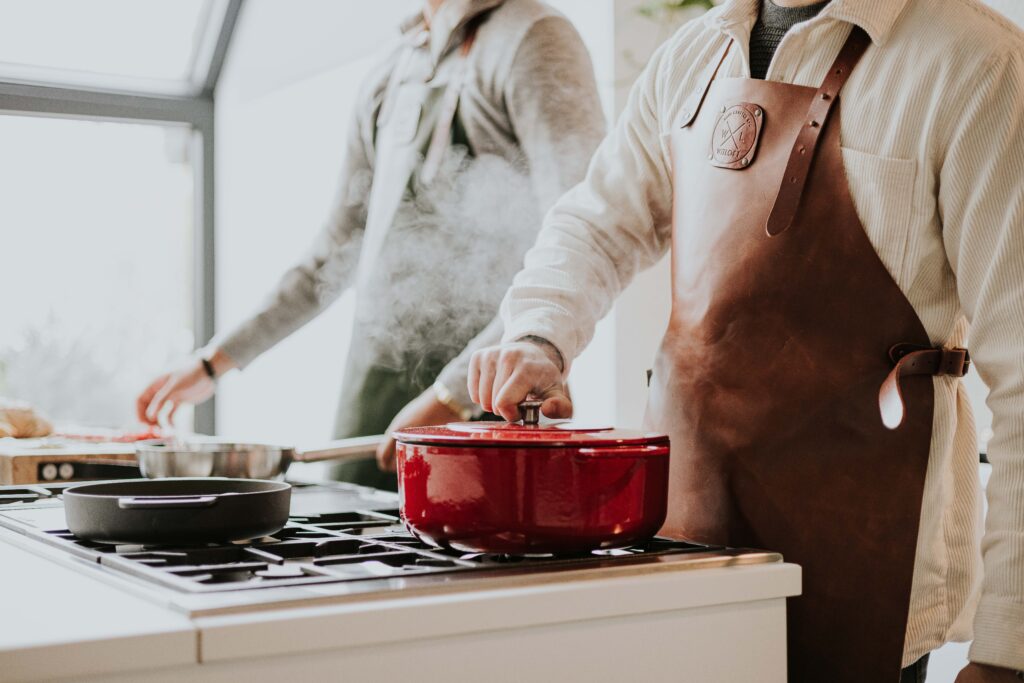Usage & maintenance
Aluminium ceramic coating
Preparing
Before first use, wash your aluminum pan thoroughly to remove any dust or packaging residue. Dry completely with a soft towel or paper towel to protect the surface and prepare it for cooking.
Cleaning
Our aluminum pans with a non-stick coating are dishwasher safe for easy cleaning. However, hand washing is recommended to extend the pan’s lifespan and keep the non-stick surface in perfect condition.

Usage
Only a small amount of oil or butter is needed to prevent sticking, thanks to the high-quality non-stick surface. To protect the pan and ensure the best cooking results, use wooden, silicone, plastic, or nylon utensils.
Storage
To protect the non-stick surface, store your aluminum pans separately from other cookware. If stacking is necessary, place a soft cloth or pan protector between them to prevent scratches and prolong their lifespan.
Cast iron
Preparing
Remove the pan from its packaging and start cooking right away. Wash it thoroughly to eliminate dust and residues. Use enough oil, butter, or other liquids when cooking. Avoid heating the pan while it’s dry.
Cleaning
For best results, clean the pan with water and a soft brush or sponge. Avoid using soap too often; instead, fill it with water overnight. All residue will easily come off.
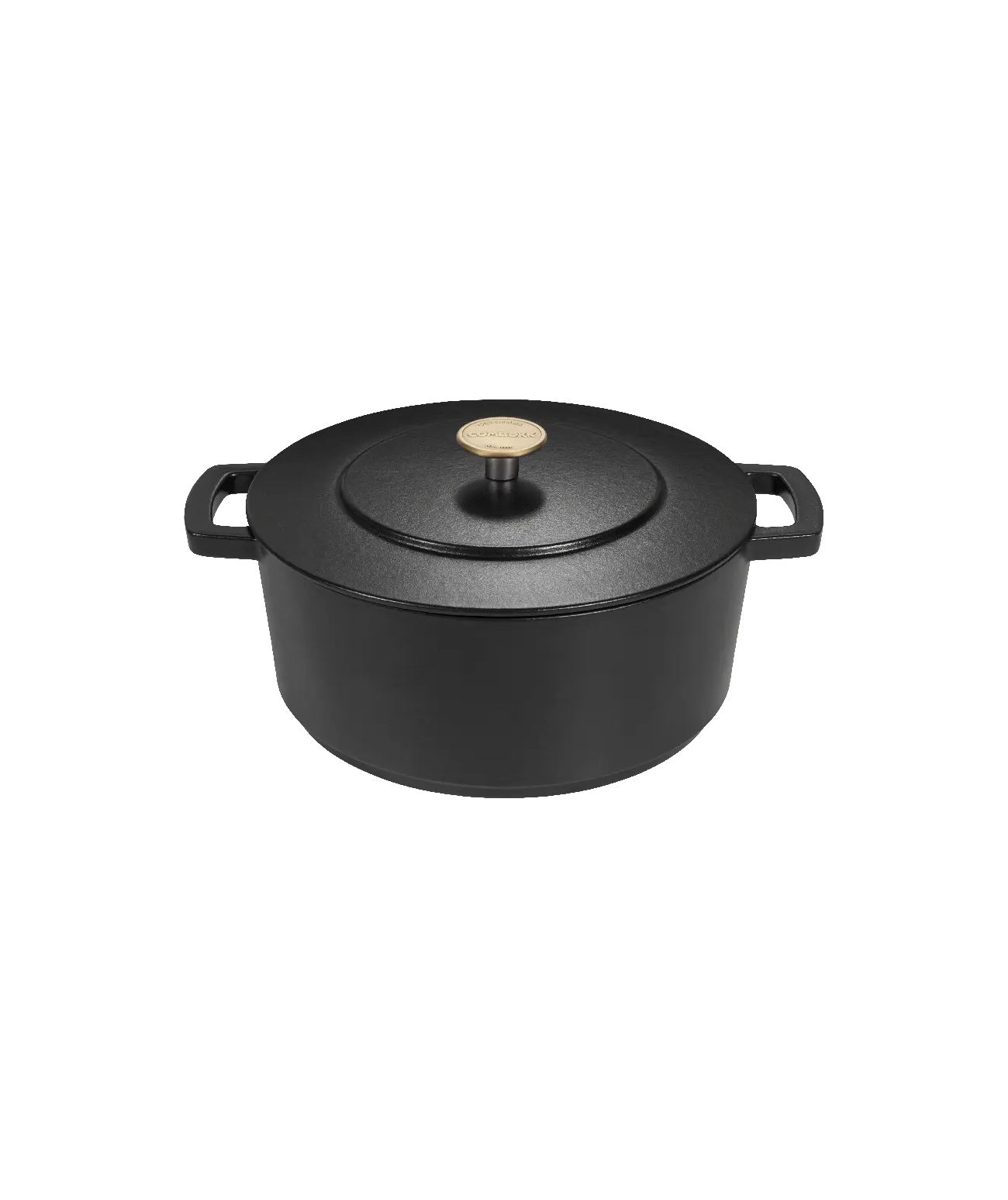
Usage
Gradually increase the heat to allow the pan to warm evenly and distribute heat perfectly. Use gentle utensils made of wood, silicone, or other soft materials, as metal tools can damage the durable enamel coating.
Storage
It’s important to fully dry your Dutch oven before storing. Avoid stacking it on other pans to prevent chipping and protect the enamel surface.
Stainless steel
Preparing
Our recycled stainless steel pots and frying pans are ready for cooking. For best results, wash thoroughly before first use to remove any dust or particles and ensure optimal performance.
Cleaning
Uncoated stainless steel cookware heats up quickly, ensuring your food cooks and fries evenly. To clean, simply scrub with a sponge and soap. Without any coating, you can scrub thoroughly to remove all residue.
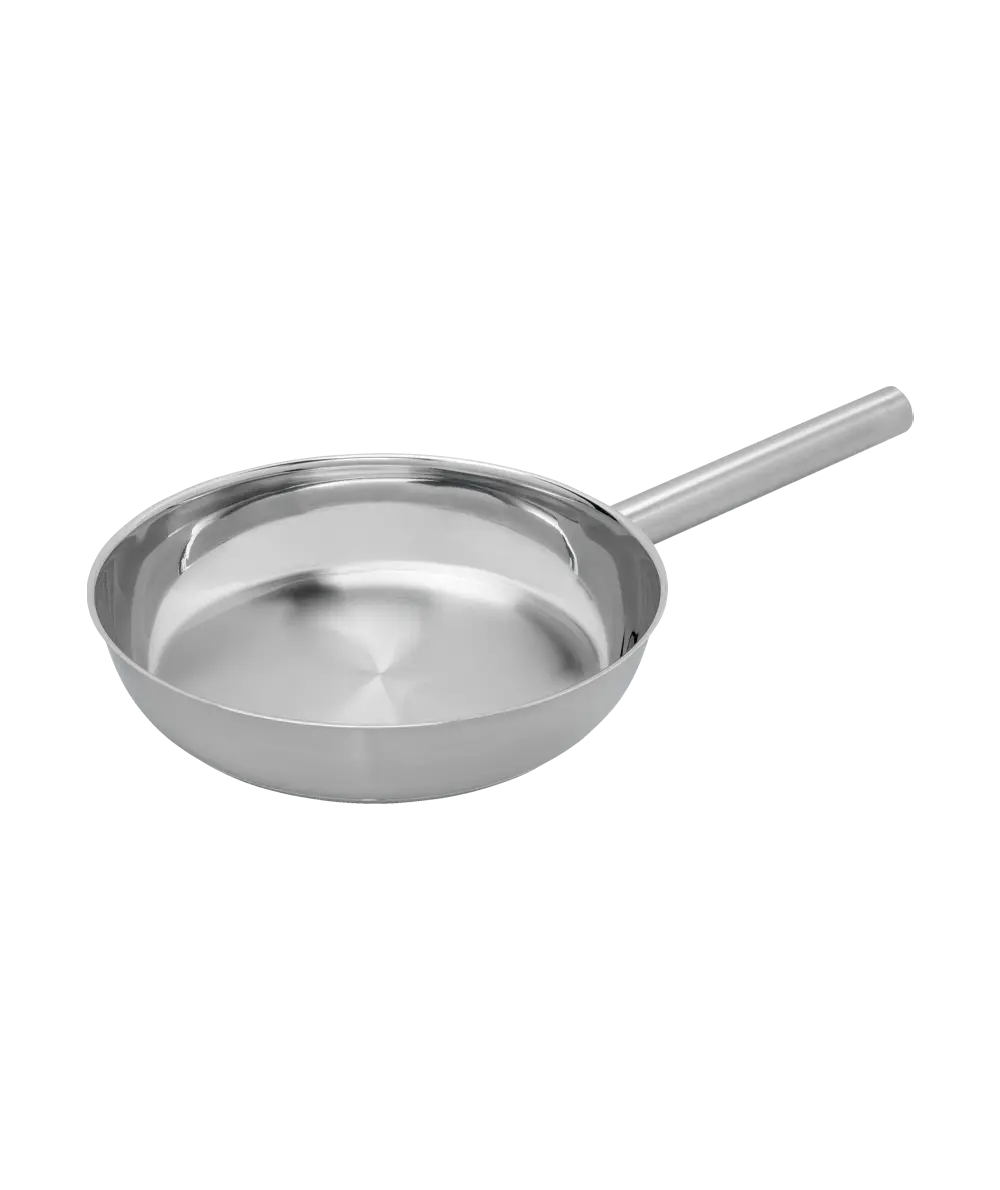
Usage
For best results, use soft utensils such as wood or silicone to protect your cookware. For our stainless steel range, you can also safely use steel or stainless steel utensils.
Storage
Easily stack our stainless steel cooking pots, saucepans, and fry pans to save space in your kitchen. The smart, space-saving design lets you stack and store your cookware efficiently.
Stainless steel ceramic coating
Preparing
Before first use, wash your ceramic pan thoroughly to remove any dust or residue from packaging. Dry completely with a soft towel or paper towel to keep the surface clean and ready for cooking.
Cleaning
Our stainless steel pans with a ceramic coating are dishwasher safe, making them easy to clean. However, hand washing is recommended to extend the pan’s lifespan and keep the ceramic coating in top condition.
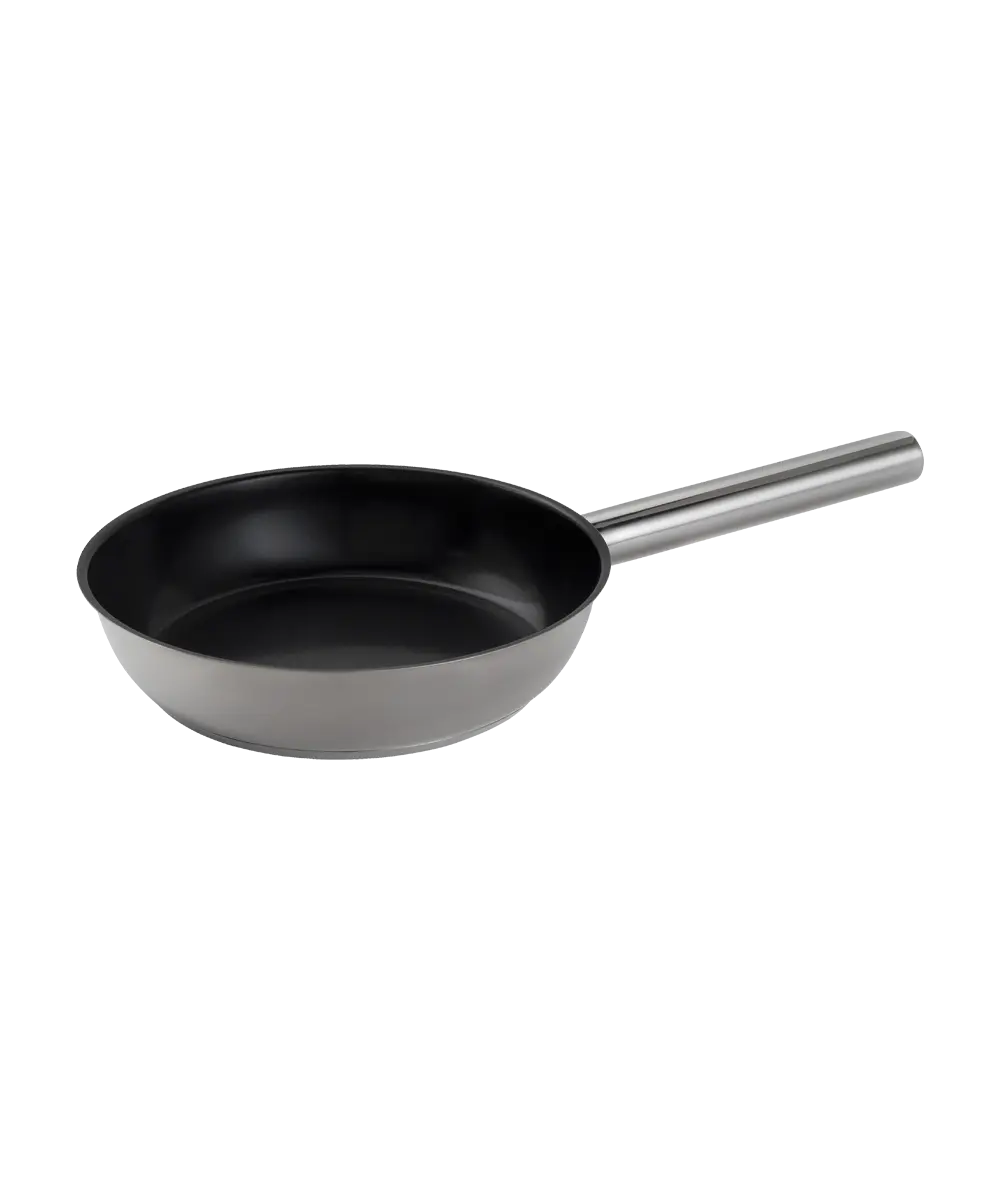
Usage
Only a small amount of butter or oil is needed to prevent food from sticking, thanks to the high-quality ceramic non-stick coating. For the best cooking experience and to protect the surface, use wooden, silicone, plastic, or nylon utensils.
Storage
To protect the ceramic coating, store your ceramic pans separately from other cookware. If stacking is necessary, place a soft cloth or pan protector between them to prevent scratches and extend their lifespan.
Recycled paper
Preparing
Take the wrap around the cutting board and wash it with water to clean of dust.
Cleaning
You can wash the cutting board by hand or put it in the dishwasher. The board will not absorb liquids
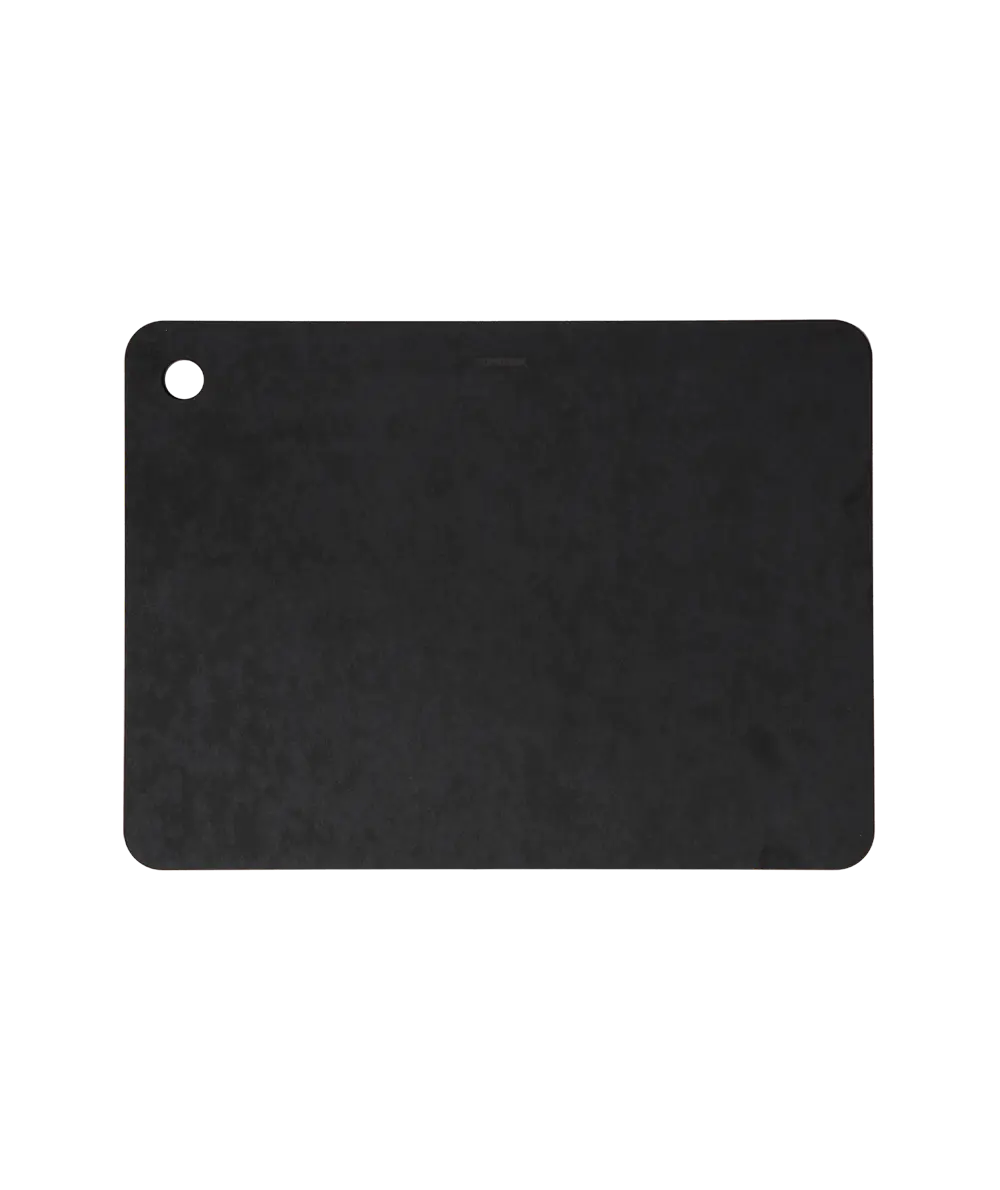
Usage
Superstrong, steady and smooth cutting boards that are also kind for your knives. Therefore, it is possible that your knives leave some marks on the board, this is to protect your precious knives.
Storage
Make sure the cutting board does not shift too much in the drawer otherwise, it may get scratched.
Wood fibre
Preparing
Get the cutting boards out of the holder and wash it with water to clean of dust.
Cleaning
This cutting board is dishwasher safe and easy to clean. Its non-porous surface resists liquids, odors and stains, keeping it fresh, hygienic and ready for daily use.
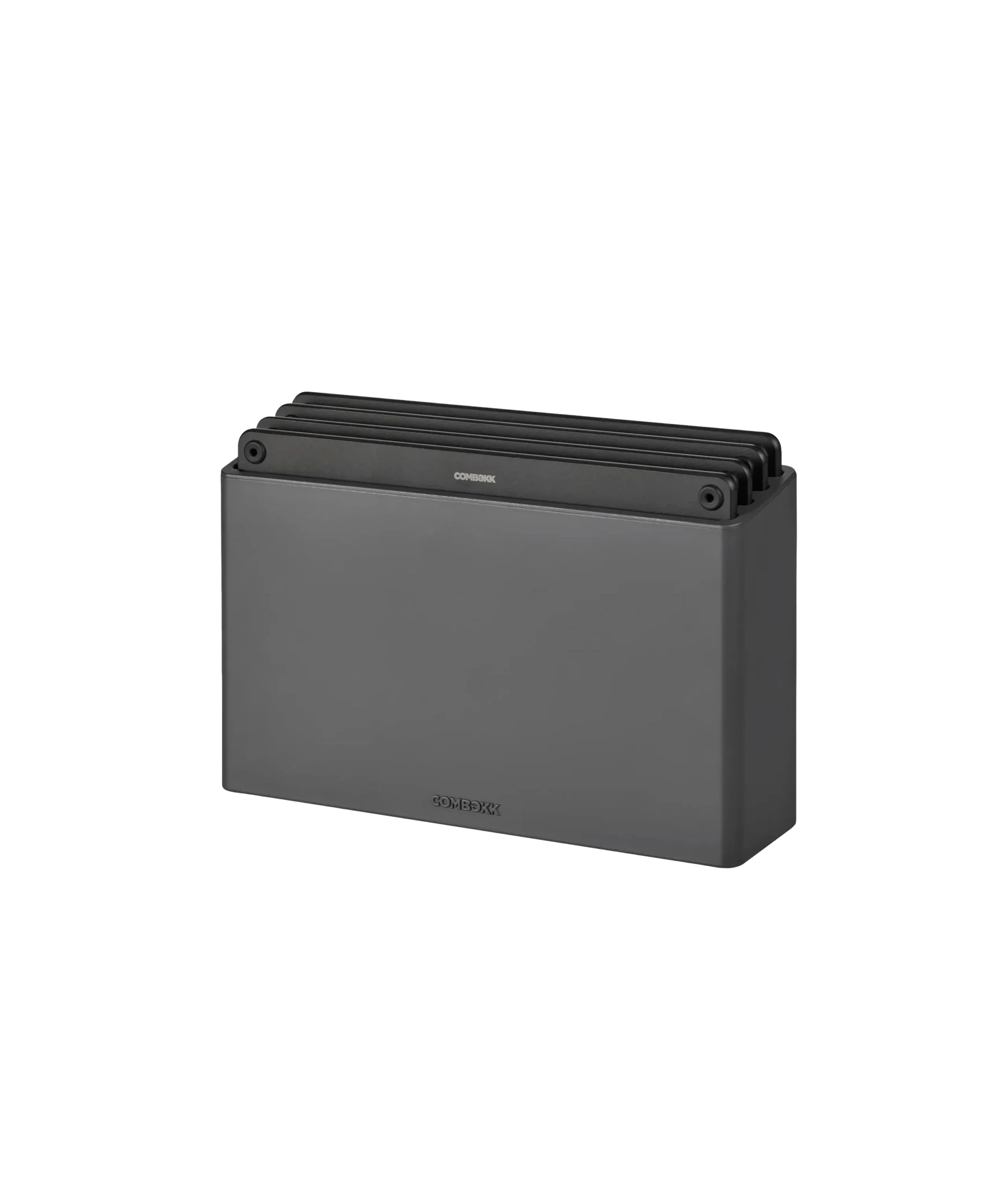
Usage
Ultra-durable, stable, and smooth cutting boards that keep your knives sharp. The gentle surface may show light knife marks over time, a sign it’s protecting your blades, not wearing them down.
Storage
Thanks to the clever airflow design and silicone non-slip feet, these cutting boards can be neatly stored while staying stable and protected, preventing scratches on your countertop and keeping them fresh between uses.
Silicone
Preparing
Get the product out of the package and rinse it with water to clean of the dust.
Cleaning
The product can be put in the dishwasher for easy cleaning.
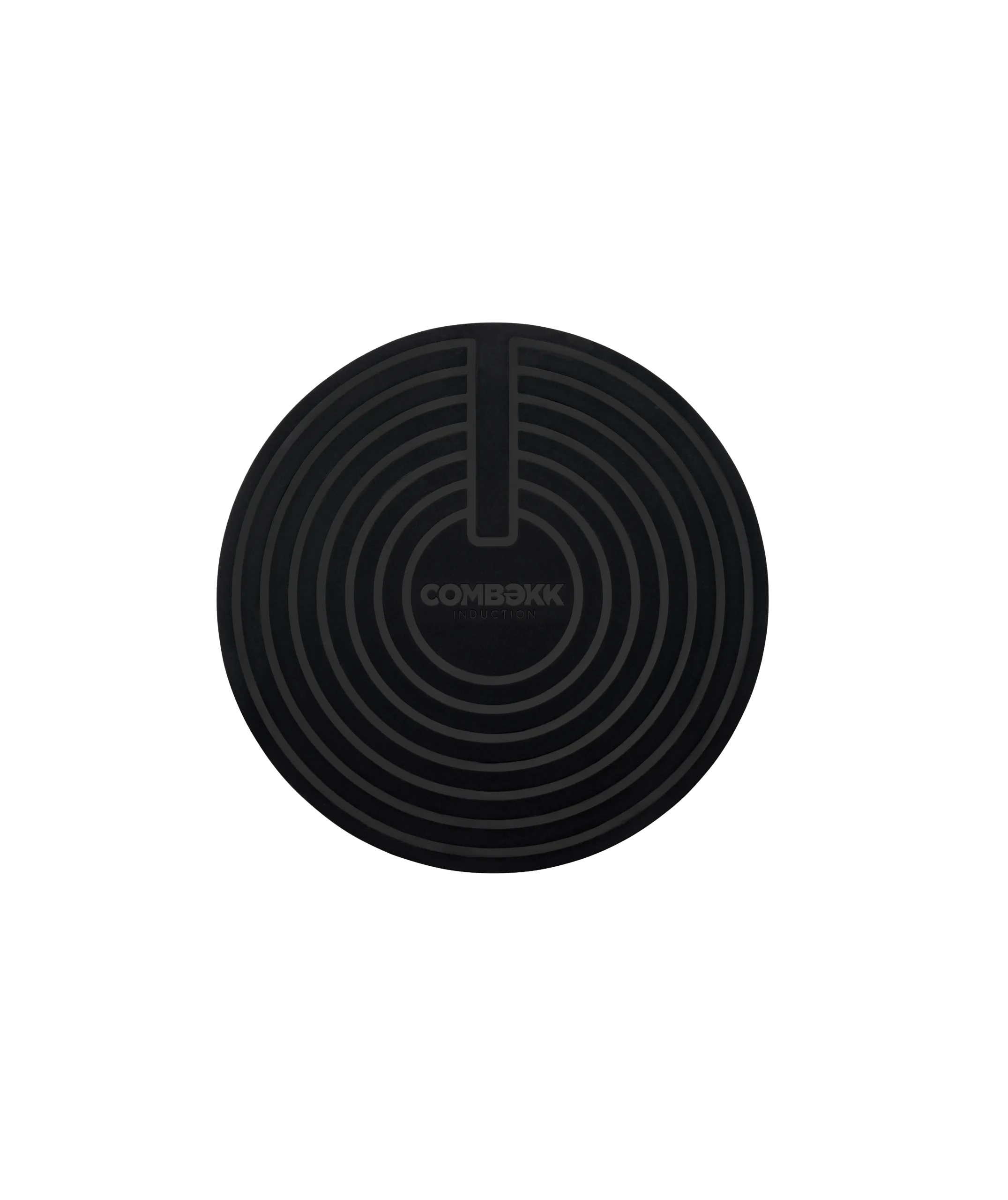
Usage
Heat-resistant for both high and low temperatures, making them perfect for everyday cooking.
Storage
Innovative stackable design keeps your kitchen and freezer organized while saving valuable space.
Leather
Preparing
After removing the item from the packaging, hang it up for a while to allow it to return to its original shape and smooth out any wrinkles."
Cleaning
Avoid using excessive water or harsh cleaning agents, as these can damage the leather’s surface. If the leather gets wet, let it air dry naturally at room temperature.
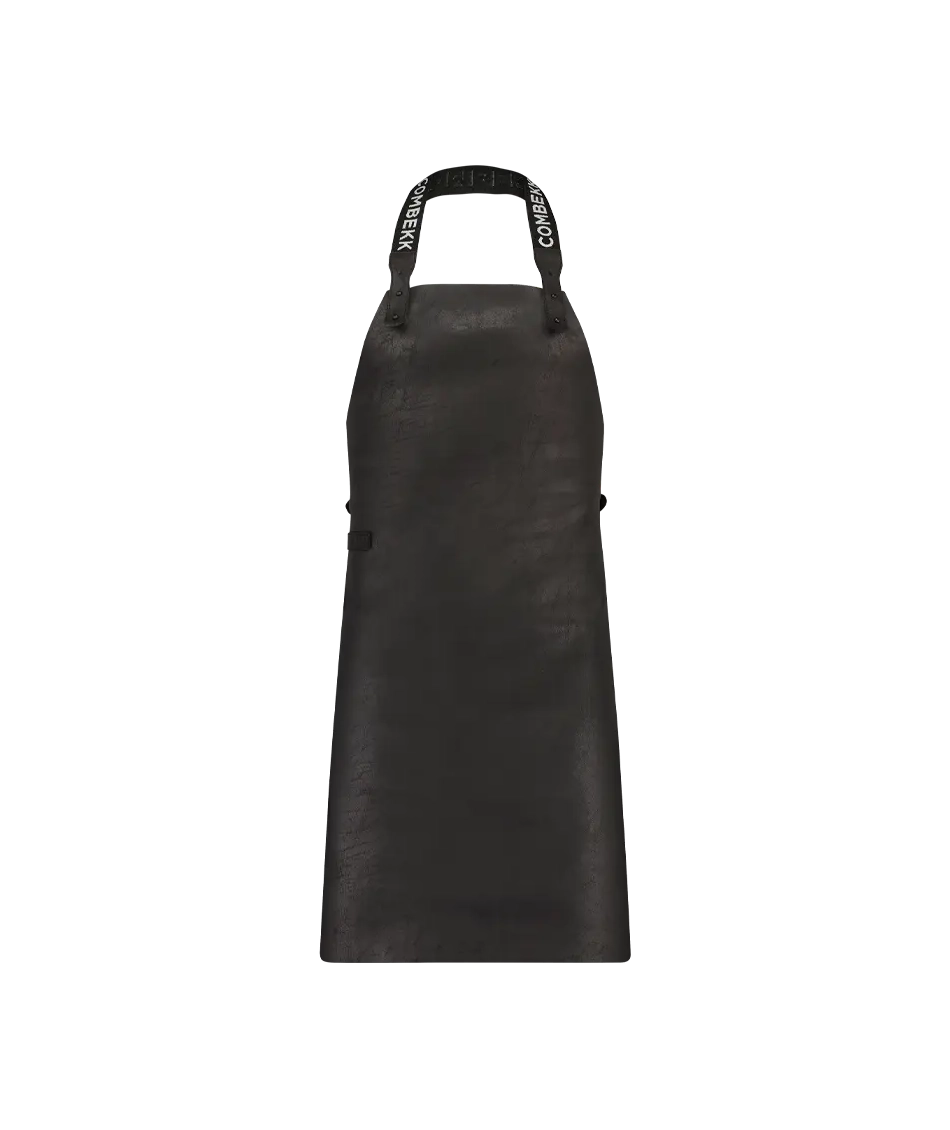
Usage
Before use, it’s important to condition the leather at least once. A light application of leather conditioner keeps the material supple, prevents cracking, and enhances its natural finish.
Storage
Proper leather storage is key to preserving its shape, texture, and durability. Keep items in a cool, dry place away from sunlight, heat, and moisture.
Cotton
Preparing
Take the apron out of the packaging and adjust the waist straps to ensure a perfect fit around your body. Perfect for cooking, baking, grilling, or any kitchen task.
Cleaning
If heavily soiled, the cotton apron is machine washable at 30°C. Always check the care label and gently tie the straps before washing to prevent them from slipping into the tunnels.
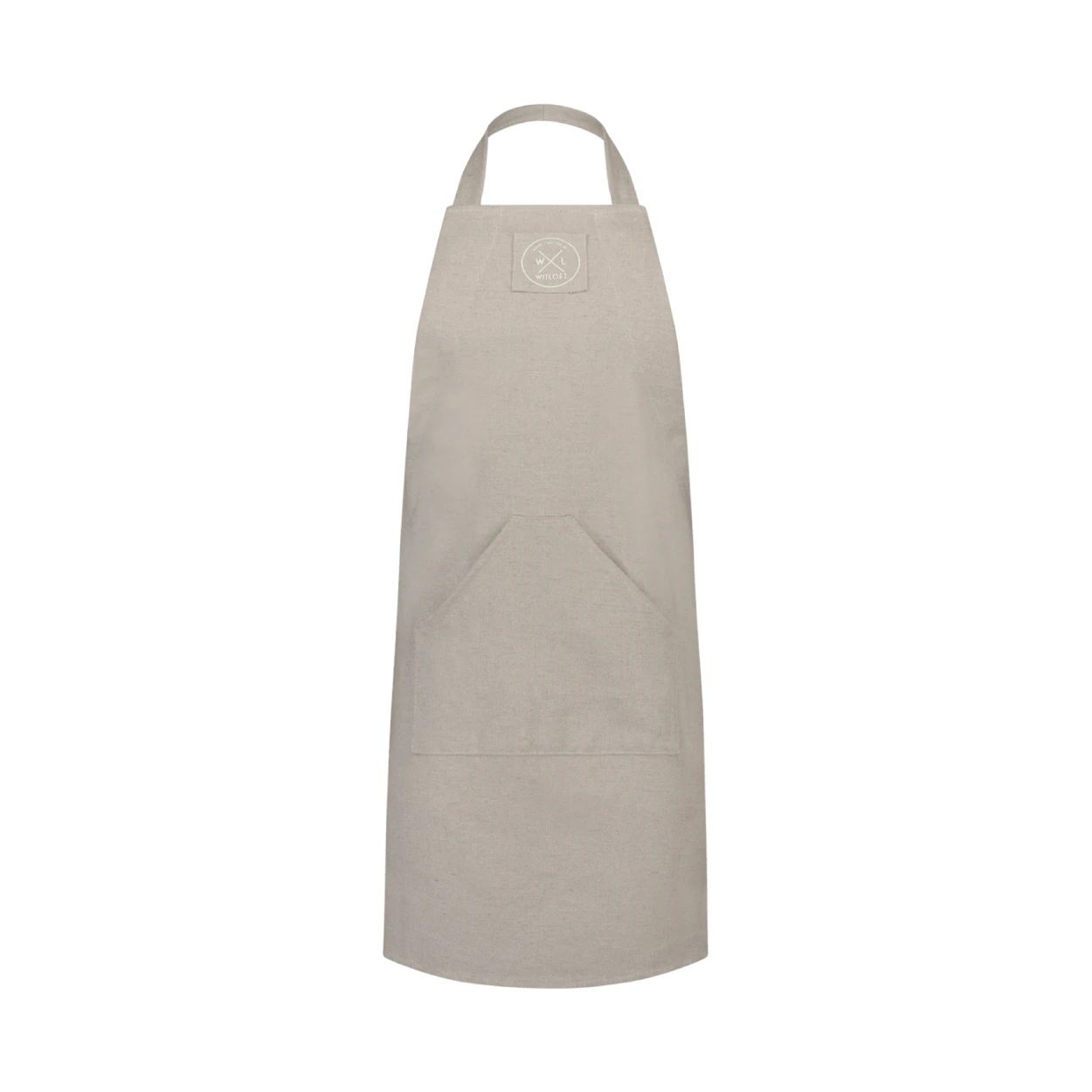
Usage
Remove dry particles such as flour or breadcrumbs by shaking the apron or wiping it with a damp cloth. For tough stains, launder the apron like regular clothing—treat cotton aprons like a cotton T-shirt or sweater.
Storage
Always make sure the apron is completely dry before storing. Folding is fine, but hanging or rolling is recommended to prevent wrinkles.
Denim
Preparing
Remove the apron from its packaging and adjust the neck and waist straps for a comfortable, secure fit. Treat denim aprons like jeans, to ensure a long life time.
Cleaning
For heavily soiled aprons, machine wash cotton aprons at 30°C. Always follow the care label instructions and gently secure the straps before washing to keep them from getting tangled.
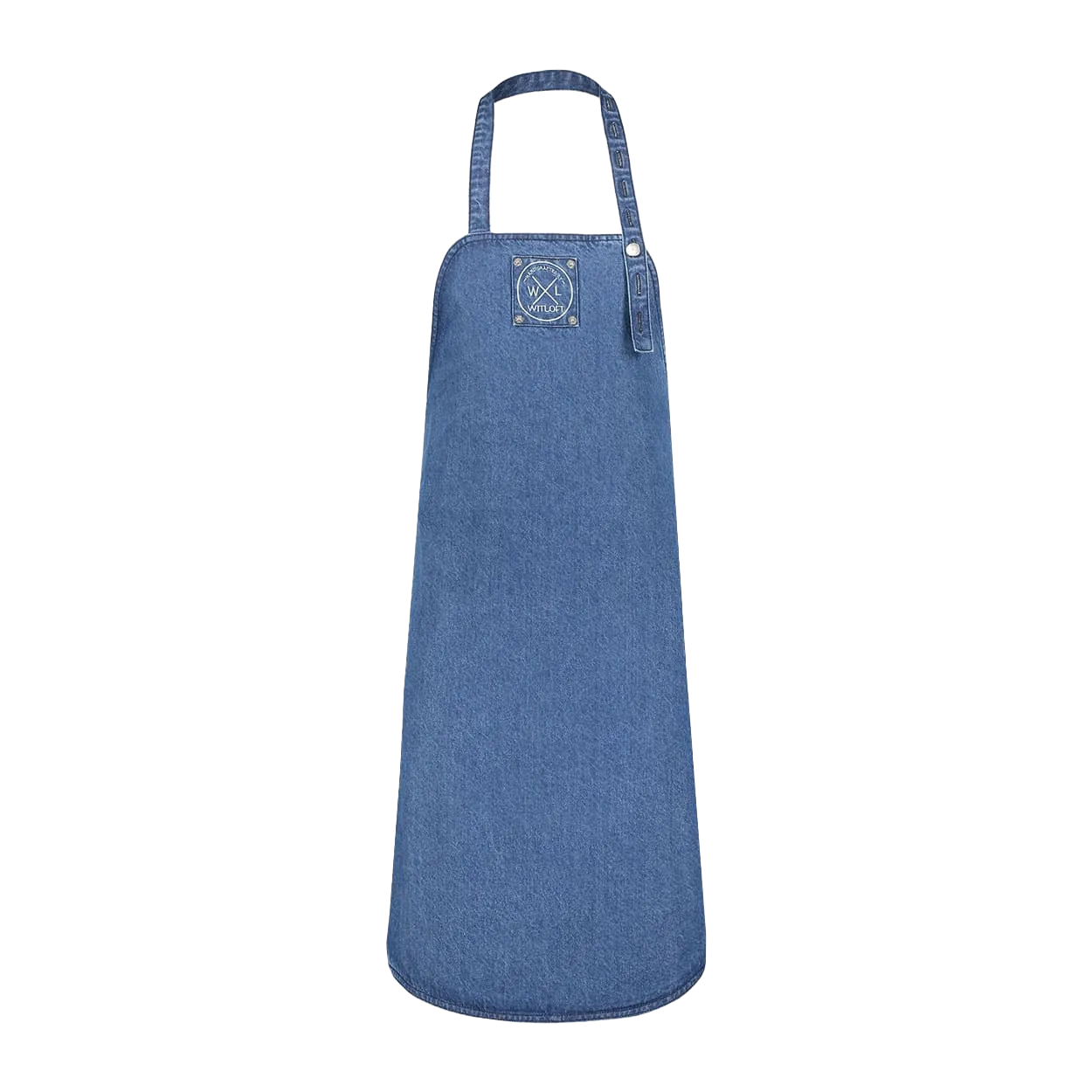
Usage
Shake off dry dirt like flour or breadcrumbs, or wipe with a lightly damp cloth. For stubborn stains, wash the apron like regular denim clothing.
Storage
Ensure the apron is fully dry before storing. While folding is fine, hanging or rolling helps prevent wrinkles and keeps the apron looking its best.
